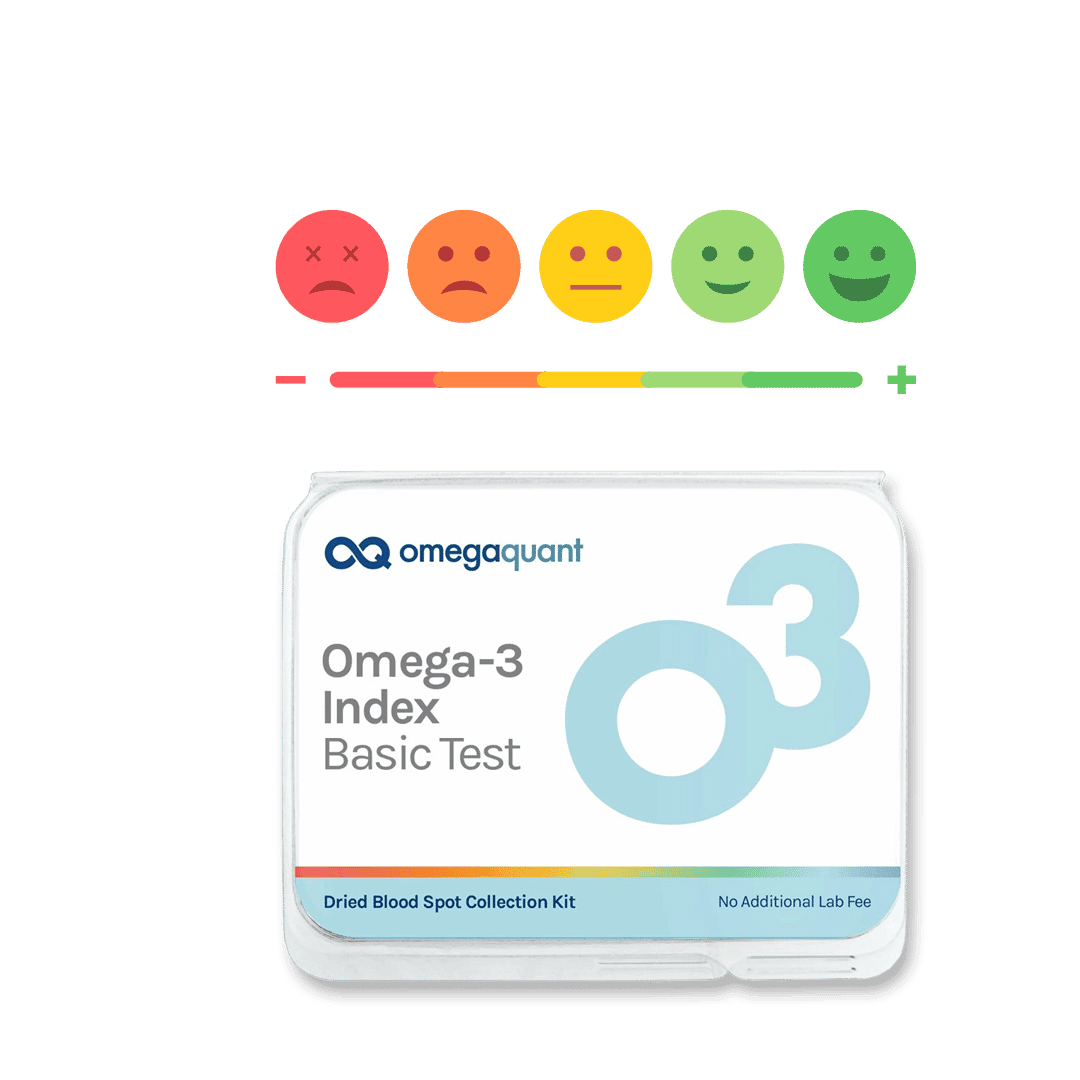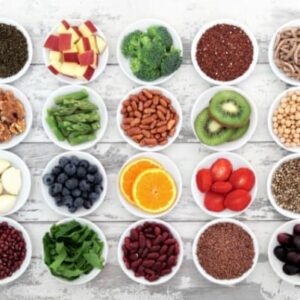We celebrate Global Omega-3 Day!
March 3, 2023 is Global Omega-3 Day™, an important annual milestone to draw attention to EPA and DHA omega-3 fatty acids. Here the focus is on what the key benefits to our health are and highlights why people should increase their intake. And this is much needed, because as many as 80% of people worldwide are not getting enough EPA and DHA omega-3 (and in the U.S. it is more than 95%).

EPA and DHA Omega-3s: What You Need to Know
There are a few nutrients found in every cell of our body that help us perform optimally: the omega-3 fatty acids EPA and DHA. The problem is that 80% of people worldwide do not get enough of these nutrients. On Global Omega-3 Day, we shine the spotlight on these important nutrients and why we need them.
What is Omega-3?
Omega-3 are polyunsaturated fatty acids. There are three main types of omega-3s that we get through food: EPA, DHA and ALA. EPA and DHA occur naturally in marine products such as oily fish and microalgae, while ALA, or alpha-linolenic acid, is found in plant foods such as walnuts, linseed and chia seeds. It is easy to lump all omega-3 together, but ALA does not have the same health effects as EPA and DHA.
Why don’t people get enough?
Most people don’t usually eat enough fish as part of their daily or weekly diet. Even if they do, they may not choose the most omega-3-rich sources. Salmon, anchovies, sardines and other oily fish have the most omega-3 in EPA and DHA. Tilapia, shrimp and other fish are good sources of protein and other nutrients, but not omega-3. A daily supplement such as algal oil (vegetarian EPA/DHA) helps make up the nutrient deficiency.
Omega-3 intake from plant sources usually provides only ALA. Although the body is able to convert ALA into EPA and DHA, this process is not very efficient. Therefore, it is important to get EPA and DHA directly from food sources or dietary supplements.
Why you need EPA and DHA
The omega 3 fatty acids EPA and DHA are among the most studied nutrients, with more than 45,000 articles published. The overwhelming evidence, based on human clinical studies, suggests that EPA and DHA are useful for supporting heart, brain and eye health throughout life, and for prenatal/maternal health, including supporting healthy pregnancy and early childhood development.
Increase your intake of EPA and DHA
On Global Omega-3 Day, make a plan to increase your omega-3 index. You can do this in several ways:
- Start an EPA/DHA omega-3 supplement regimen. There are many different kinds of supplements: fish, (vegan) krill or algae, in softgel, liquid or chewable tablets. Find the best kind for your health, and stick to it! We recommend algae oil, the purest form of omega-3; toxin-free and completely plant-based.
- If you already take an omega-3 supplement, consider increasing your dose. GOED (Global Organization for EPA and DHA Omega-3s) recommends at least 500 mg per day for general health. If you have a heart condition or are pregnant or breastfeeding, you may need more. Both the U.S. Food and Drug Administration (FDA) and the European Food Safety Authority (EFSA) consider supplements up to 5 grams (5000 mg) per day to be safe.
Are you curious about your omega 3 index? You can check that with a test from OmegaQuant!


